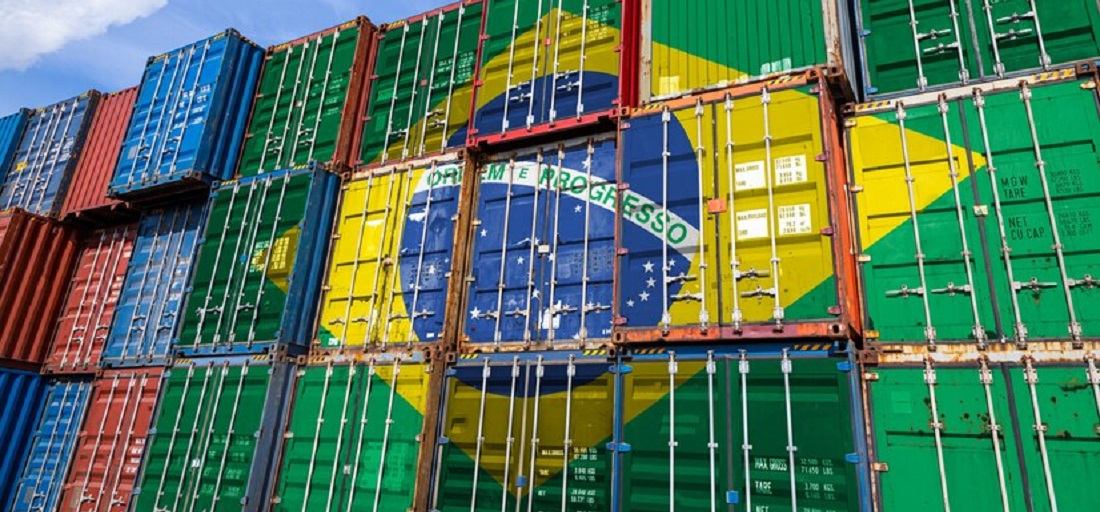
CNI Report: 77% of Brazilian Agricultural Exports are Processed Products
Sep, 18, 2024 Posted by Sylvia SchandertWeek 202437
The Brazilian agribusiness sector exported 77% of its products processed in 2023. This data comes from the National Industry Observatory of the National Confederation of Industry (CNI), which developed the Agroindustrial Chains Panel. The system maps the national agricultural production landscape and identifies vulnerabilities and opportunities in the market.
The study also shows that 50.7% of the value of exports from the agricultural sector in 2023 consisted of processed products. For every $100 exported by agribusiness, $50.70 came from the manufacturing industry.
Agribusiness also relies on industry for production. For every R$1 spent on inputs in the agricultural production chain, the manufacturing industry supplied R$0.83.
Conversely, for every R$1 spent on manufactured goods, agribusiness contributed R$0.08. Overall, for every R$1 spent on goods and services as productive inputs, agribusiness contributed R$0.05, the manufacturing industry R$0.43, and total industry R$0.50.
Imports
In terms of external purchases, fertilizers were the most imported inputs by agribusiness in 2023, with around $14.6 billion spent. Following this were agricultural pesticides ($4.8 billion), machinery, equipment, and accessories ($2.5 billion), and seeds ($146.4 million). Approximately $22.16 billion was spent on importing industrialized goods and inputs for agribusiness, indicating the sector’s dependence on external industry.
CNI policy and industry specialist Danilo Severian explains that Brazil is missing out on a market worth tens of billions of dollars in imported manufactured goods aimed at agribusiness, much of which could be produced domestically.
“The industry is at the heart of Brazil’s and the world’s agribusiness and is crucial for its success. If we truly want to lead a green and low-carbon agenda, we need to add more value to agribusiness. More industry in agribusiness means more jobs, income, environmental preservation, and technology in Brazil, and a greater presence of Brazil in the world,” Severian concluded.
Source: Comex do Brasil
-
Feb, 03, 2025
0
Oil could reclaim top spot in Brazil’s exports, IBP says
-
Other Cargo
Aug, 26, 2021
0
Suspected contaminated waste seized at Port of Santos
-
Sugar and Ethanol
Jun, 08, 2020
2
Strong demand for Brazilian sugar causes vessels to queue up for loading at Santos
-
Ports and Terminals
Nov, 13, 2024
0
APS Financial Results Grow in Q3



